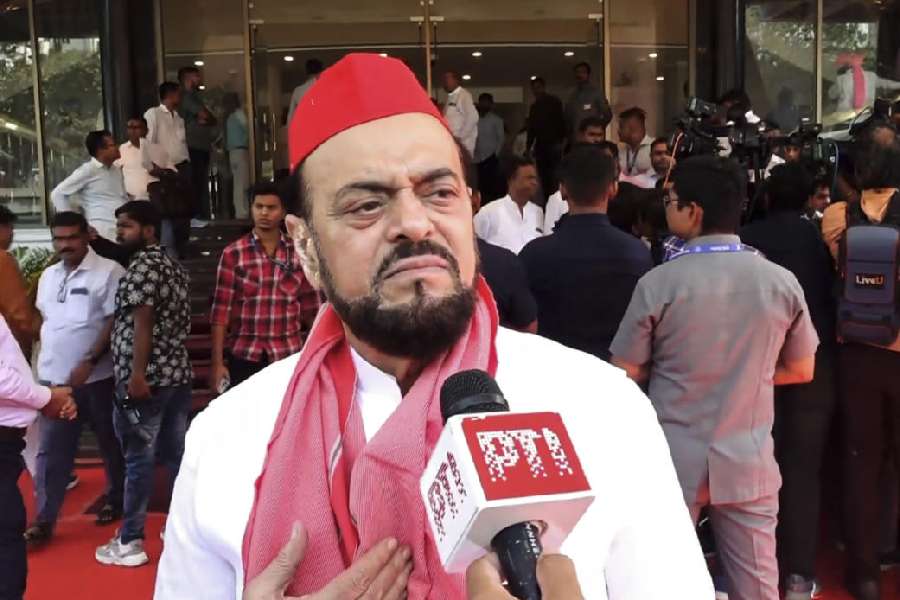Astonishingly, the centuries-old rivalry between Mughals and Marathas continues to shed blood. This only proves that history being reduced to putty — a prisoner — in the hands of politicians can have bizarre consequences. The suspension from the Maharashtra assembly of Abu Azmi, a legislator from the Samajwadi Party, for his attempt to defend the Mughal emperor, Aurangzeb, from charges of being an anti-Hindu zealot is one such. Mr Azmi had been critical of the film, Chhaava, which explores the life of the Maratha ruler, Chhatrapati Sambhaji, who was executed by Aurangzeb: Mr Azmi had deemed the Mughal emperor’s portrayal in the film as unfair. His opinion — does it not remain well within the constitutional contours of free speech? — has led not only to his suspension from the House but also a police complaint as well as condemnation across the political spectrum. Yogi Adityanath, the chief minister of Uttar Pradesh, has suggested that Mr Azmi be sent to UP so that he could be ‘fixed’. A minister from the Bharatiya Janata Party has demanded that Mr Azmi be sent to Pakistan.
The shrill, feverish response to what amounts to a personal opinion concerning the cinematic projection of a historical character is a testament to the consequences of history’s politicisation in India. Both the Right and the Left stand accused of peddling their views and ideology couched in the garb of pedagogy. This makes public opinion on historical figures contingent on the nature of the reigning political climate. Figures of reverence — Tipu Sultan is an example — thus suddenly find themselves targeted for transgressions, more imagined than real. This oscillation of collective sentiment also bares another glaring truth: at its heart, India remains an a historical nation, susceptible to history’s distortion on account of the shared indifference towards historical veracity. The dawn of the age of disinformation has further sharpened politics’ talons, rendering history vulnerable in both flesh and spirit. The unearthing of historical truth must be left in the hands of scholarship that prioritises a methodology based on facts, sources and texts, a methodology that shuns the lure of sensational reinterpretation. This is especially important when assessing complex historical figures like Aurangzeb — a man who had destroyed temples but had also given grants to them. A dispassionate appraisal of context and prevailing conditions is needed to attain a fair assessment of such chequered characters. That is the historian’s forte; not the politician’s.











